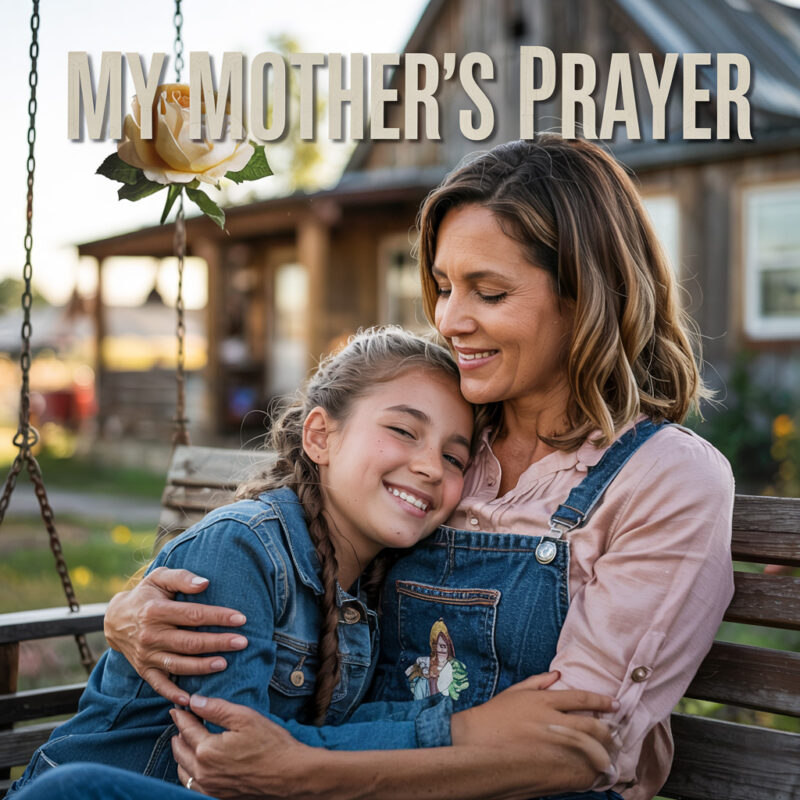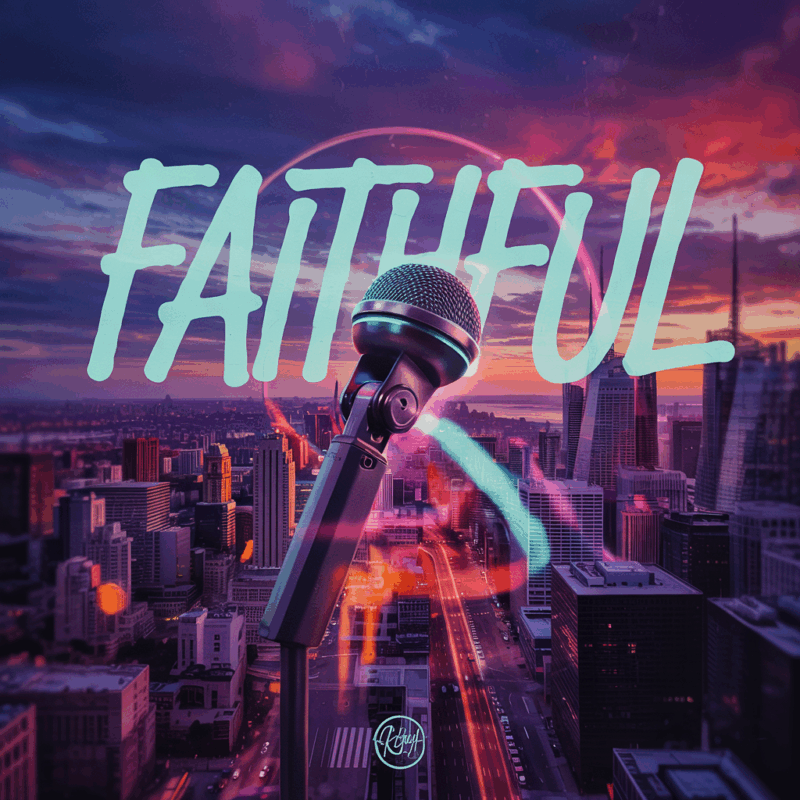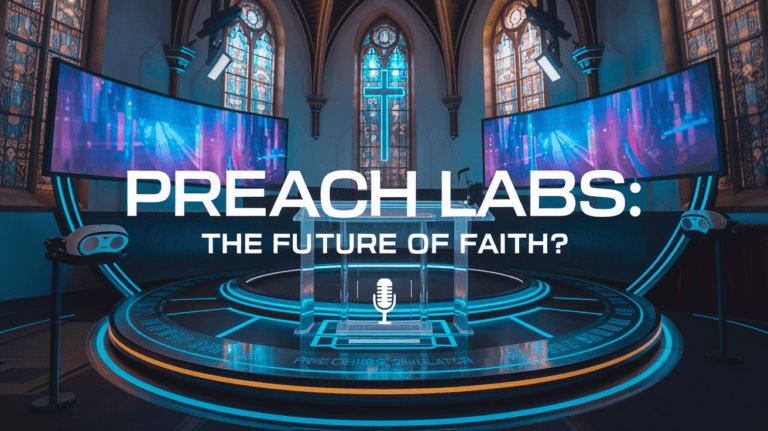Your cart is currently empty!
Faith on the Shore: The Battle for Equal Access at Redondo Beach
Key Points
- It seems likely that Los Angeles County has changed its beach permit policy, limiting Church on the Beach to six religious activities per year, while non-religious groups face no such restrictions, potentially violating First Amendment rights.
- The controversy centers on claims of religious discrimination, with the American Center for Law and Justice (ACLJ) demanding equal treatment by March 20, 2025.
- Research suggests the beach, as a public forum, should allow equal access, and the county’s policy may be unconstitutional, though the county claims their process ensures equitable access.
Introduction
Church on the Beach, a group holding services on Redondo Beach for 18 years, is now facing a new policy from Los Angeles County that restricts their activities while non-religious groups remain unaffected. This has sparked a legal battle over religious freedom and equal access to public spaces.
Background
Church on the Beach, part of King’s Harbor Church, has been gathering about 120 attendees every Sunday on the beach, many of whom find the setting essential for their spiritual connection, especially those with negative experiences in traditional churches. They’ve operated with permits for nearly two decades, ensuring no disruption to the community.
The Policy Change
In late 2024, the county changed its policy, limiting the church to six religious activities per year, with two at waived fees and four at $250 each, restricted to specific locations like Dockweiler and Mothers Beach. Non-religious groups, however, face no such limits, raising concerns of discrimination.
Legal and Community Implications
The ACLJ argues this is content-based discrimination in a public forum, citing cases like Cornelius v. NAACP and Lamb’s Chapel. A county official’s remark that churches “don’t need the beach” as they can meet indoors has been seen as misunderstanding religious freedom. The county claims their process ensures equity but hasn’t detailed why the policy changed.
Survey Note: Comprehensive Analysis of the Church on the Beach Permit Issue
In the picturesque setting of Redondo Beach, California, a long-standing tradition of outdoor worship is facing a significant challenge due to a recent policy shift by Los Angeles County. This survey note delves into the details of the situation, exploring the history, the policy change, legal implications, and community impact, providing a thorough examination for readers interested in the intersection of religious freedom and public space access.
Historical Context and Church Background
Church on the Beach, initially part of King’s Harbor Church, began its services on Redondo Beach in 2007, continuing for 18 years with county-issued permits. By July 2024, it became a separate 501(c)(3) organization, formalizing this status in September 2024, while still supported by King’s Harbor Church. The services, held every Sunday from 8 a.m. to 11 a.m., attract around 120 attendees, carefully ensuring no disruption to traffic or community events. Redondo Beach, with a population of 71,576 as per the 2020 census, is a coastal city in Los Angeles County, renowned for its horseshoe-shaped pier and vibrant beach culture, making it a fitting location for such gatherings Redondo Beach, California – Wikipedia.
The beach setting is particularly significant for attendees, many of whom have had difficult experiences in traditional church buildings. This outdoor ministry is seen as a crucial outreach, offering a natural, welcoming environment that fosters spiritual connection, as highlighted in the ACLJ’s demand letter and related articles.
The Policy Change and Its Impact
In October 2024, following the church’s formalization, they were informed of a new county policy that ceased issuing yearly permits for religious activities. This policy limits Church on the Beach to six religious activities per year, with specific conditions: two activities can have waived permit fees ($250 each), and the remaining four require fees at designated locations such as Dockweiler, Mothers Beach, and Will Rogers T5. This restriction does not apply to non-religious groups, which can continue using the beach without such limitations, as noted in the demand letter and corroborated by news reports California County Targets Church’s Right to Public Beach: ACLJ Fights Back Against Religious Discrimination | American Center for Law and Justice.
Initially, after the policy change, the church was told they couldn’t meet, but they were allowed to continue under King’s Harbor Church’s extended six-month permit, with King’s Harbor Church liable for insurance. This temporary measure underscores the abrupt nature of the policy shift and its immediate impact on the church’s operations.
A county official’s statement, as reported, suggested that churches “don’t need the beach” because they can meet in buildings, a remark seen as a misunderstanding of religious freedom and the church’s mission. The county’s permitting process, requiring special event permits for organized groups, is detailed on their official website, but no specific public announcement explains the policy change targeting religious groups Special Event Permit (NEW System) – Beaches & Harbors.
Legal Analysis and Public Forum Doctrine
The ACLJ, representing Church on the Beach and co-pastors Jason Flentye, Ron Chan, and Ritch Hansen, sent a demand letter on constitutional violations, demanding equal treatment by March 20, 2025. The letter, addressed to Carol Baker, Division Chief of Community & Marketing Services at the Los Angeles Department of Beaches and Harbors, argues that the county’s policy is unlawful content-based discrimination in a public forum Content of the Demand Letter.
The public forum doctrine, as established by Supreme Court cases, protects First Amendment rights in public spaces like beaches, which are traditionally open for expressive activities. Cases such as Cornelius v. NAACP (473 U.S. 788, 803, 1985) and Lamb’s Chapel v. Center Moriches School District (508 U.S. 384, 1993) emphasize that government cannot discriminate based on the content of speech in such forums. Research into the doctrine, as found in legal resources, supports that beaches are likely traditional or designated public forums, where strict scrutiny applies to content-based restrictions, requiring a compelling state interest and narrow tailoring, which the county has not demonstrated Public Forum Doctrine | The First Amendment Encyclopedia.
The demand letter cites these principles, arguing that limiting religious activities while allowing non-religious ones violates equal protection and free exercise clauses. This legal stance is further supported by news coverage, which notes the beach’s status as a public forum makes such differential treatment unlawful Redondo Beach “Church on the Beach” alleges religious discrimination by new county permits – Easy Reader & Peninsula Magazine.
Community and County Perspectives
The church’s perspective, as articulated in the demand letter and news articles, emphasizes the beach’s role in their ministry, particularly for those who find traditional settings inaccessible. Attendees value the natural setting, with some arriving early to socialize and many staying post-service, enhancing community bonds. The ACLJ’s commitment to fighting discrimination underscores the church’s resolve to continue this tradition.
The county’s response, as per a spokesperson from Beaches & Harbors, is that their permitting process is designed to ensure equitable beach access for everyone, but they cannot comment on threatened litigation Redondo Beach “Church on the Beach” alleges religious discrimination by new county permits – Easy Reader & Peninsula Magazine. This general statement lacks specificity on why religious groups are singled out, leaving a gap in understanding the county’s rationale, especially given the timing, with the demand letter’s deadline approaching on March 20, 2025, just days from the current date of March 17, 2025.
Tables of Key Details
| Aspect | Details |
|---|---|
| Church History | Services started in 2007, 18 years with permits, became separate 501(c)(3) in July 2024, formalized September 2024. |
| Attendance | Approximately 120 attendees, Sundays 8 a.m. to 11 a.m., careful not to disrupt community. |
| New Policy | Limits to 6 religious activities/year, 2 with waived $250 fees, 4 at specific locations with fees. |
| Non-Religious Groups | No similar limitations, can use beach freely. |
| Legal Action | ACLJ sent demand letter, cites First Amendment violations, deadline March 20, 2025. |
| County Response | Claims permitting process ensures equity, no specific reason for policy change provided. |
| Legal Citations | Relevance |
|---|---|
| Cornelius v. NAACP (1985) | Supports equal access in public forums, against content-based discrimination. |
| Lamb’s Chapel (1993) | Prohibits excluding religious expression in public forums open to other activities. |
| Widmar v. Vincent (1981) | Reinforces equal treatment for religious groups in public university settings, applicable analogy. |
Conclusion and Future Outlook
This situation highlights a critical tension between local governance and constitutional rights, with Church on the Beach’s fight emblematic of broader issues of religious freedom. The ACLJ’s demand for equal treatment by March 20, 2025, sets a near-term deadline, and the outcome could set precedents for how public spaces are accessed by religious groups. As the community watches, the hope is for a resolution that respects both the church’s mission and the principles of equal access, ensuring Redondo Beach remains a place where all can gather freely.
Key Citations
- California County Targets Church’s Right to Public Beach: ACLJ Fights Back Against Religious Discrimination | American Center for Law and Justice
- Redondo Beach “Church on the Beach” alleges religious discrimination by new county permits – Easy Reader & Peninsula Magazine
- Special Event Permit (NEW System) – Beaches & Harbors
- Content of the Demand Letter
- Public Forum Doctrine | The First Amendment Encyclopedia
- Redondo Beach, California – Wikipedia





